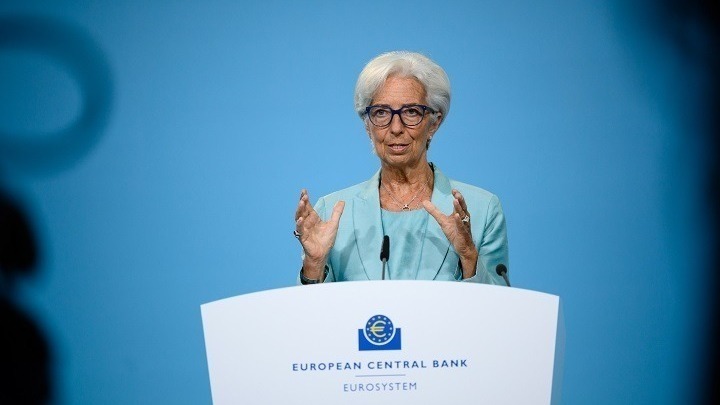The euro area economy continues to recover strongly, although at a more moderate pace. Rising energy prices, the recovery in demand and supply bottlenecks are currently pushing up inflation.
While inflation will take longer to decline than previously expected, the European Central Bank expects these factors to ease in the course of next year.
The bank continues to foresee inflation in the medium term remaining below the two per cent target. ECB's policy measures, including our revised forward guidance on the key ECB interest rates, are crucial to helping the economy shift to a sustained recovery and, ultimately, to bringing inflation over the medium term to our target.
According to the European Central Bank's President Christine Lagarde comments on Wednesday, the Bank is very unlikely to raise interest rates next year as inflation remains too low, pushing back on market bets for a move as soon as next October.
Growth and medium-term inflation dynamics still depend on favourable financing conditions for all sectors of the economy. Market interest rates have increased.
Nevertheless, financing conditions for the economy remain favourable, not least because bank lending rates for firms and households remain at historically low levels. While there was a pick-up in September, lending to firms remains moderate.
This continues to reflect the fact that firms generally need less external funding, since these have high cash holdings and are increasingly retaining their earnings. Lending to households remains strong, driven by demand for mortgages.
ECB's most recent bank lending survey shows that credit conditions for firms stabilised and were supported – for the first time since 2018 – by a reduction in banks’ risk perceptions. By contrast, banks are taking a slightly more cautious approach to housing loans and have tightened their lending standards for these loans accordingly. Bank balance sheets continue to be supported by favourable funding conditions and remain solid.















